Share the importance of the UN Sustainable Development Goal #14 (Life Below Water) with your students. Bring classrooms to life with MY HERO's Multimedia Resources and Lesson Plan for Teachers. Includes discussion guide and learning outcomes.

Use the following curated resources from MY HERO to learn more about the UN Sustainable Development Goal #14: Life Below Water.
Discussion questions and activities for classroom use are included.
Films: Sustainable Fishing
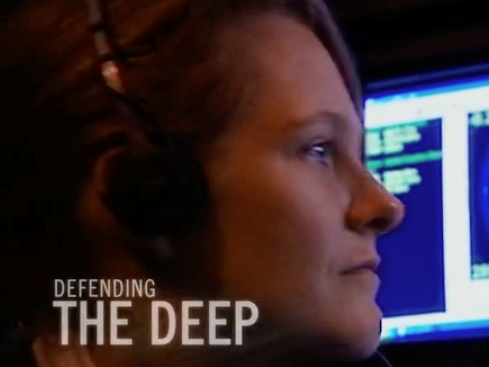
Defending The Deep
Claire Nouvian led a campaign against the destructive fishing practice of deep-sea bottom trawling. (Running time 5:39 min)
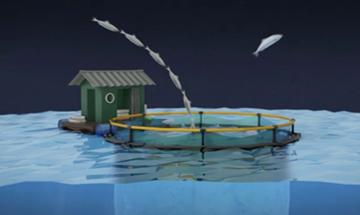
Overfishing is a human-made threat to our world's oceans and requires immediate action. (Running time 4:11 min)
Discussion Questions
1. Students research what is being done to promote sustainable fishing practices in their country and other parts of the world.
2. What would be the result of the depletion of fishing resources by overfishing?
Learning Outcome
After watching the films, students will understand how humans impact the health of the oceans and the need for sustainable fishing practices.
Films and Stories: Importance of Replenishing Coral
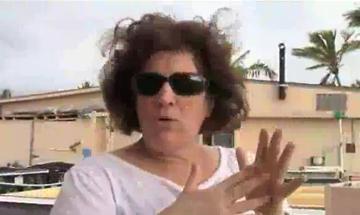
One woman's effort to save the world's underrated natural resource, coral. (Running time 10:58 min)
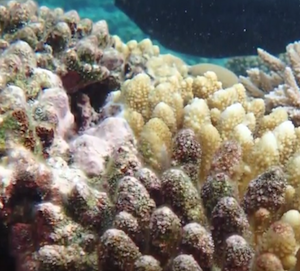
Series of Solutions: Restoring Coral Reefs (3:55 runtime)
Series of Solutions explores the heroes who are working on tangible solutions for ocean conservation.
Discussion Questions
1. Why are coral reefs important to the ecosystem of the world's oceans?
2. What are threats to the health of the world's coral reefs?
3. What can be done to protect this resource?
4. Research individuals and organizations working towards coral restoration.
Learning Outcome
Students will understand the importance of coral to the ocean's ecology and biodiversity.
Learn About American Marine Biologist Sylvia Earle
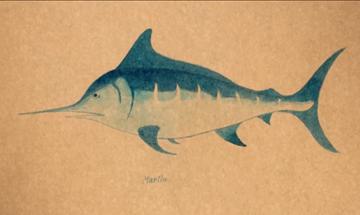
A film about the importance of protecting the blue heart of our planet: our oceans (1:53 minutes)
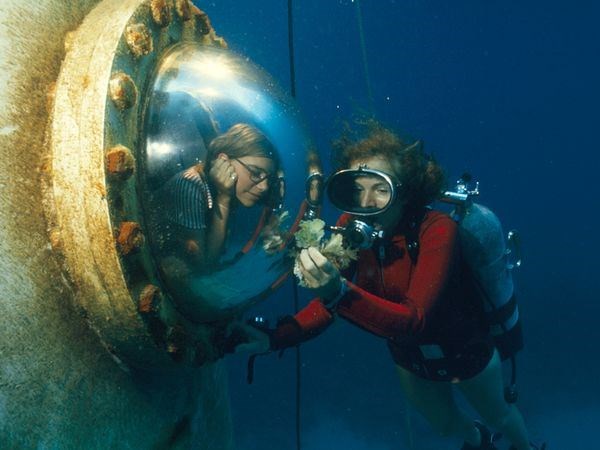
Sylvia Earle shows us the ocean's fate can be controlled, whether we make the decision to stop abusing its waters and let the ocean make a recovery.
Discussion Questions
1. Sylvia Earle believes that we should all care about the health of the oceans because our lives depend on them. In what ways do humans depend on the oceans?
2. How does Sylvia Earle explain the ocean as a living system?
3. Sylvia Earle was the first woman to be a chief scientist at NOAA. Do you know someone who was the first of their gender, race or family to achieve something? What obstacles did they face and how did they overcome them?
Learning Outcomes
Students will develop an understanding of how humans are not only dependent on, but also connected to the health of world's oceans.
Films About Individuals Working to Keep Water Clean and Protect Life Below Water
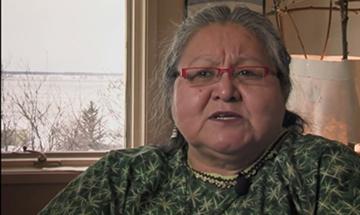
Caroline Cannon, an Inupiat indigenous leader, takes aim at offshore oil drilling that threatens her people and the biodiversity in the Arctic Sea.
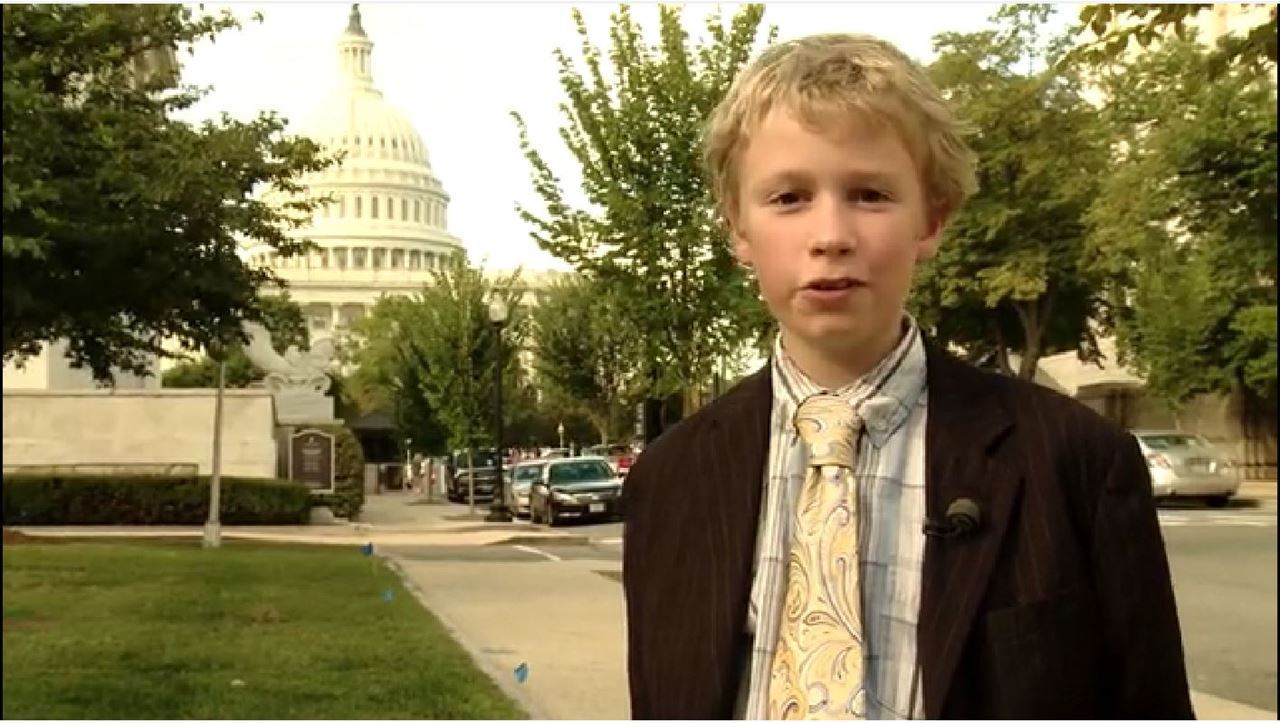
Milo Cress is concerned about the millions of straws that pollute waterways, waste fossil-fuel resource and harm ocean creatures. He convinces restaurants to “go straw-free.”
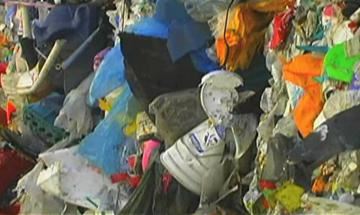
Plastic pollution is threatening the ocean's ecosystems, but we can work together to prevent further damage!
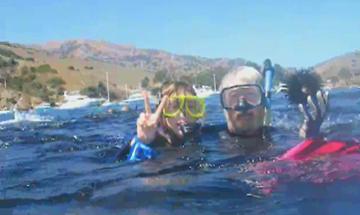
Slater journeys to Catalina Island to interview her Environmental Hero Jean-Michel Cousteau.
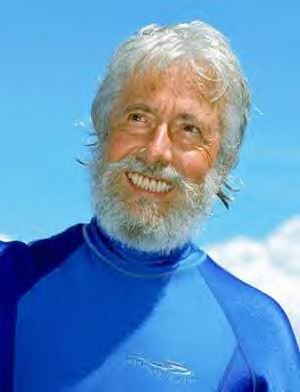
Jean-Michel Cousteau is committed to protecting the ocean for future generations through education and conservation.
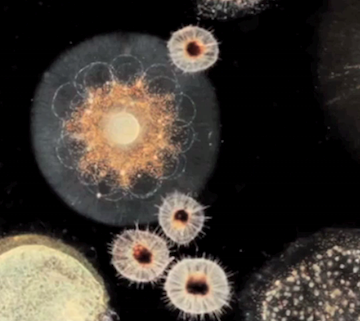
This doc follows NYC sci-artist Mara G. Haseltine as she creates a sculpture to reveal a microscopic threat beneath the surface of the ocean.
Discussion Questions
1. Which of the films left an impression on you or surprised you?
2. In the film The Last Straw, Milo Cress identified a problem, got others involved and created an action plan. Reflect on the usage of plastic straws in your community. Are there ways you can be inspired by Milo and reduce the use of straws where you live?
3. What detrimental effect has plastic had on the health of our oceans? How has this problem developed over time? What can be done to improve the situation?
4. Identify bodies of water in your community or part of the world. Who is working towards keeping these bodies of water clean and protected? What can you do to help?
Students can share their Hero Essays, Films and Art through our Create Program.
Who is your activist hero or organization working to protect and sustainably use the oceans, seas and marine resources for sustainable development?
Share their story with MY HERO.
How to use MY HERO's Create Program to Publish Stories, Art, Film and Audio for Students
Tutorial for students: Publish written stories, film, original artwork and audio in MY HERO's multimedia library.

MY HERO Calendars for use in the Classroom
Related Links and Resources
|
|
This lesson plan was created by MY HERO Education Outreach Director Laura Nietzer. |
Learn about a New Hero Every Day of the Year: Use the MY HERO Calendar in the Classroom
Organizer created on 11/6/2019 3:31:06 PM by Laura Nietzer
Last edited 2/12/2025 3:30:15 PM by Laura Nietzer